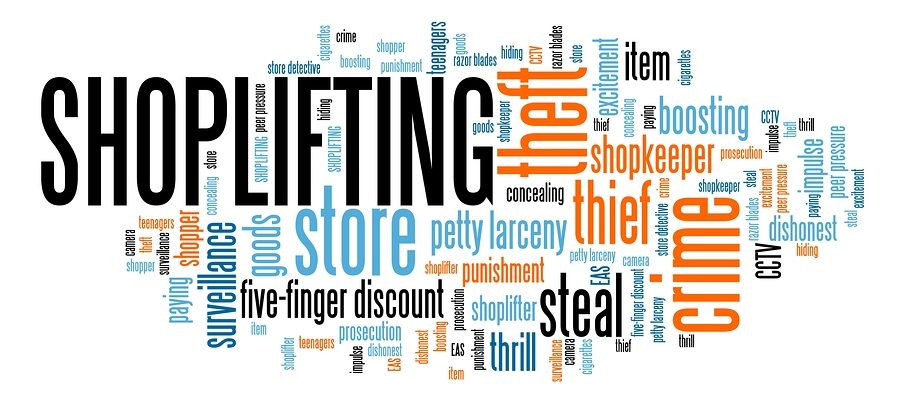When facing a federal criminal charge, there are two chief outcomes: guilty or not guilty. But what about being pardoned for your crimes? What does this mean, exactly? And who can grant pardons to suspected or convicted criminals? Continue reading to learn what you need to know about criminal pardons if you are someone you love is facing serious charges.

What is a Pardon?
Also known as clemency, a pardon is a type of acquittal that wholly sets aside or lessens the punishment for a felony. You have likely seen this action take place on your favorite crime action hero movies, and there is a reason why. Federal criminal pardons are extremely rare. It is essentially the government’s way of forgiving a person for their crimes. There are a few additional forms of clemency that the President can grant to a defendant. These include commutation, remission, and reprieve.
☛ Commutation – Given a lesser punishment;
☛ Remission – Given relief from a penalty, restitution, or forfeiture;
☛ Reprieve – Temporary delay of sentence (i.e. death penalty);
Granting a Pardon
If you are wondering whether or not there is a change of be granted a pardon, perhaps learning who has the discretion to grant them will answer your question. You see, a federal pardon can only be given by the President of the United States, known as the power of executive clemency, and decreed in Article II, Section 2, Clause 1 of the U.S. Constitution.
So in order to receive a pardon for a crime, someone must get the attention of the Presidency. In order for a defendant to be granted clemency by the President of the United States, they must also meet the specified qualifications, which involve factors such as the number of years since the conviction or release from incarceration, character references, recent criminal history, and more.
Records of Pardoned Crimes
Depending on the state, if a person has a crime pardoned by the government, it will most likely still show up on public databases, but it will also show that the person was pardoned for the incident. In such cases, a person could petition for criminal record expungement to have their criminal history sealed from public access.
How to Expunge Criminal Records in Indiana
Call 317-636-7514 to get started on the Indiana criminal record expungement application process. We offer professional criminal record expungement services starting as low as $850! As a seasoned criminal defense law firm, we are well-versed in the Indiana expungement laws, and know exactly how to file and obtain a legal expungement, successfully. Call our office at 317-636-7514 and schedule a free initial consultation to determine your eligibility, today.


